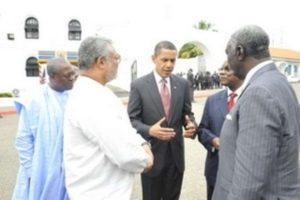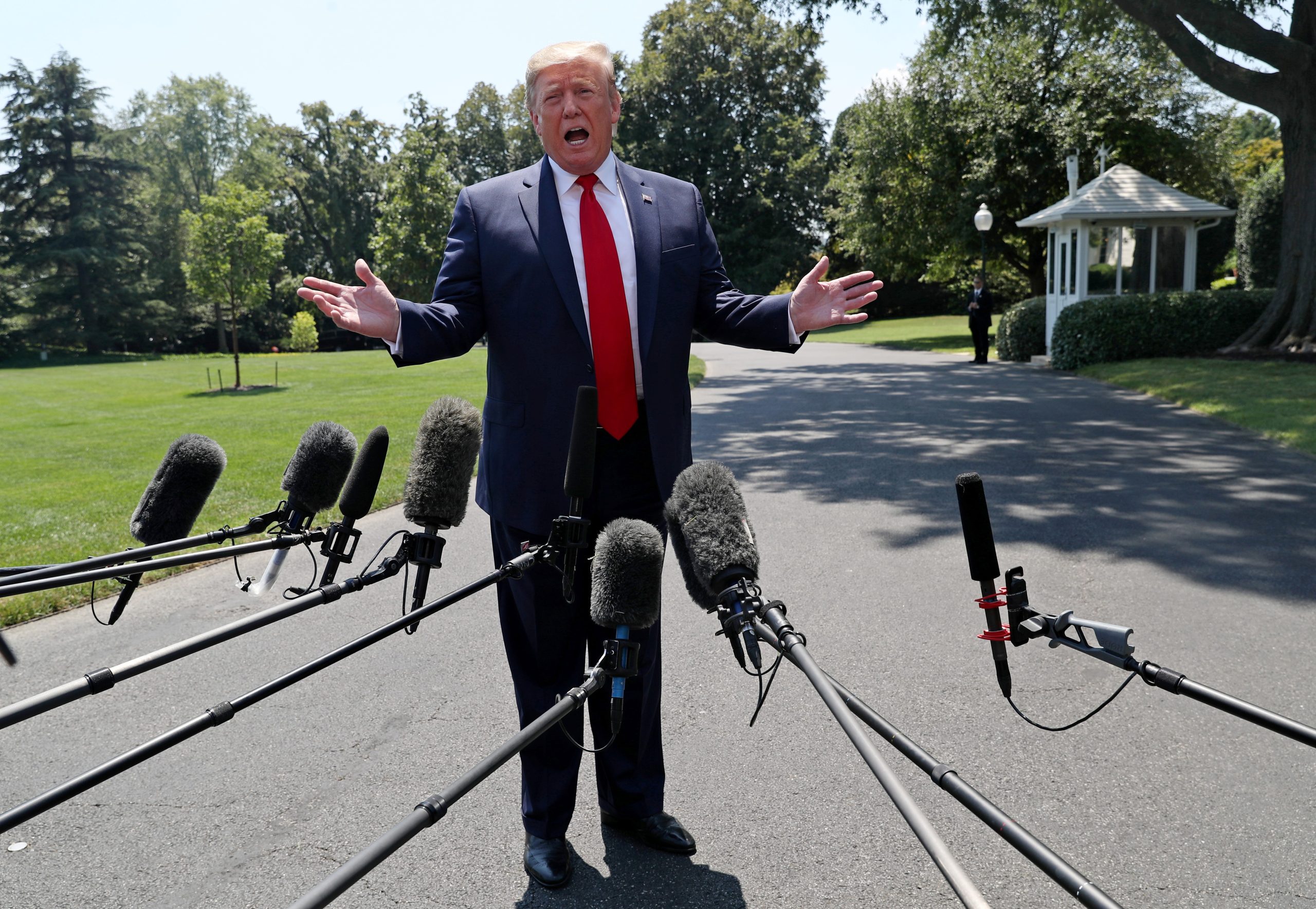Donald Trump is disrupting the world we knew in many ways and almost in all spheres. How far he will go and whether there will be any successful bandwagoning against him (not necessarily against the US this time) remains to be seen. In all cases, it is worth bothering about because there might be three powerful currents playing out in Trump 2. 0

A school teacher once told a curious pupil: if you want to know what velocity means, go and stand on the federal highway. Same can be said here: if you want to know what structure/agency debate is, visit WHO after US withdrawal from the already highly under- resourced UN platform
Intervention identifies the first to be the Trump persona. He is generally regarded as a bully. Two, he manifests through his main language game (MAGA) what has been generally called right – wing nationalism. Three, the United State may or may not be declining as a great power (the debate on American declinism has gone on for too long to be helpful on this). But, whether declining or not, it is no longer a sole superpower, lonely up there. Rather, it now has peer competitors, rugged ones at that – Russia and China. This complexifies the great power game. The world has not been in this version of the game before.
Anyone of these three currents can trigger unpleasant consequences what with what a British newspaper writing on ‘Project 2025’ had to say: The United States was built to avoid monarchs and dictators. But with increasing control over the executive branch, what starts as an effort to ‘streamline’ government becomes something far more dangerous”. So, this potent brew of three currents is something to think about beyond normal great power security competition paradigms in Neorealism. But this piece is not on that. It is on a rather forgotten but interesting dimension: the fate of structure versus agency debate in the social sciences.
The United States of America is becoming a lecture theatre in the age old topic of with the return of Donald Trump. Although the debate is overtaken for many in the social sciences who are not into structuralist analysis anymore, what is going on in the US amounts to a refresher course.

Obama with Ghanaian leaders in 2009, perhaps arguing his case for structures over agency. It might be interesting to ask him now!
At the height of the debate, the question was which of structure or agency drives the social? Put better, which one makes things happen? Is it structures or agency? By structure is meant such entities as the market, the capitalist structure, the political machine, the state and so on and so forth. By agency is meant the discretionary universe of the individual.
Intervention recalls Barack Obama voting for structures against agency by kicking against strong leaders during his 2009 visit to Ghana. Build strong institutions and all else will be added unto you, he advised Africans. A few Africans disagreed with him. The majority seemed to go along with his line of reasoning.
Well, from Obama country, a leader has emerged who is dealing with the structures, demolishing them with so much ease, almost meeting no obstacles. He might be stopped in his track somehow later but, for now, what is commoner in the media is how Donald Trump will meet no obstacles in his demolition spree. Not even Congress is acting as a break on Trump. Not yet. Beyond few judgements against him, he is unhindered by anything. Or so it seems.

A regular text on most reading lists in both Ontology and structure/agency stuff except that Wight is a critical realist
Could this be the final death of the Structure Versus Agency debate. Is it possible the debate is dead and gone to its grave the second and final time?
The first time it died was when discourse theory declared that both structures and agency are products of discourse. According to discourse theory, there is nothing in the world that draws its meaning from any other source beyond discourse.
(By discourse theory, Intervention is referring strictly to the postfoundational discourse theory which some people also call post-Marxism among three other more names or so. In other words, this is not about critical discourse theory (which is the Marxist/Realist/Structuralist version of discourse analysis basically) or Discourse-Historical Analysis of Prof Ruth Wodak and co or any of the seven or so different variants of discourse analyses).
Probably, we should all agree that time resolves all problems, including the longest-lasting and one of the most involving disputation in the social sciences! I say probably because this debate has a way of sneaking back from death. In saying so though, I am not disputing its grand burial in post-Marxist discourse theory.




























